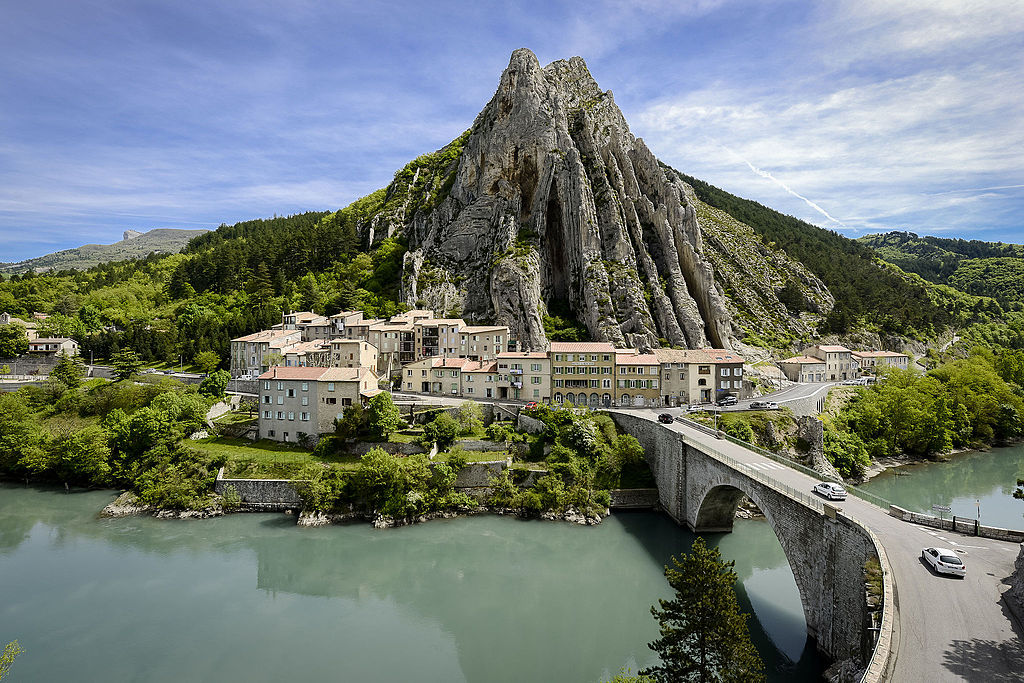Summer is in full swing, although it certainly doesn’t feel like it in foggy San Francisco! We dream of vacationing in the south of France, frolicking on the beaches of St- Tropez, visiting the museums in Marseille, and day drinking with cold bottles of rosé. Provence Rosé tends to be the most recognized, sought after, and arguably most consumed rosé across the globe, so we figured we should feature a classic Provence Rosé and a unique Provence Rosé in the club this month.
Saint Roch les Vignes is not an individual Domaine, but rather a modern production facility in Cuers serving most of the family winegrowers in that small hillside village, as well as those of neighboring Puget-Ville and Pierrefeu northeast of Toulon. The city of Cuers was founded by the Phocaeans under the name of "Korion." They are the ones who brought the vine and the olive tree to Provence. Developed by the Romans, perpetuated by the counts of Provence, these two cultures are still the richness of the local terroir.
Their cellar is one of the first built in the Var department. Since its creation in 1911, it has been able to evolve and adapt to the times, offering the best of the terroirs that surround it as well as promoting the profession of winegrower. Grapes are farmed over 225 acres from select domaines in the village of Cuers, Puget-Ville and Pierrefeu (some of the best terroirs in Provence), featuring sustainably farmed vines with an average age of 30 years on limestone and clay soils.
Just upstream of the ancient city of Arles, the mighty Rhône river abruptly forks, and its resultant two arms—the southeasterly-flowing Grand Rhône and the southwesterly-flowing Petit Rhône—encircle the largest river delta in western Europe. The Camargue’s 360 square miles possess a raw and rugged beauty, far removed spiritually from the idyllic seaside beach towns of the Côte d’Azur, but equally as spectacular; Arles, after all, is where the likes of Gaugin, Picasso, and Van Gogh set up shop to capture the area’s spellbinding southern light. Mas de Valériole is located within an outstanding territory: the Camargue Regional Nature Park of Provence. This is where the Rhone river empties into the Mediterranean Sea.
The Camargue is renowned for its distinctive agricultural products: salt from vast marshes that hug the Mediterranean; varyingly hued and deeply nutty wild rice; and, of course, wine. Just ten miles due south of Arles, the Michel family stewards the lovely Mas de Valériole, a 45-hectare estate founded in the early 15th century and purchased by the Michels in the late 1950s. Around the turn of the century, brothers Jean-Paul (who is in charge of growing wheat, sunflower and rice;) and Patrick Michel (who is the wine-grower) focused their energies on improving the estate’s wines, adopting organic viticultural practices in 2006 (certified today) and refining their approach in the cellar. Today the next generation is beginning to assume greater responsibilities, and there are exciting projects in the pipeline.
Think Pink!
Carrie Upson- General Manager
|
2021 Mas de Valeriole Grand Mar Rosé |
|
|
Region/Country of Origin: IGP Bouches-du-Rhône – Terre de Camargue, Provence, Rosé |
About the Vineyards: The vineyard, which is organically farmed, covers 32ha split into two geographic entities giving two different styles of wines. After restructuring the family vineyard which led to pulling out varieties that no longer gave satisfaction, a number of varieties selected for their aromatic potential and according to Patrick Michel’s appreciation were planted, including Caladoc, which is a red French wine grape variety planted primarily in the southern wine regions such as the Languedoc. The grape is a crossing of Grenache and Malbec created by Paul Truel in 1958 at Institut National de la Recherche Agronomique. About the Winemaking: • Fermentation: After total destemming and a short cold soak, wine ferments with indigenous yeasts in stainless-steel tanks. • Pressing: Pneumatic pressing • Time on Lees: 3-6 months • Malolactic Fermentation: Blocked via temperature • Élevage: 3-6 months in stainless-steel tanks • Press Wine: Wine is entirely from press wine • Fining and Filtration: Plate filtration • Sulfur: Applied only in small doses at bottling Tasting Notes: “Grand Mar” is 100% Caladoc, a crossing of Grenache and Malbec which is particularly well-suited to the deep south of France, given its resistance to coulure (uneven flowering). It is slightly assertive in its fruit character, with high-pitched white cherries and penetrating impression of minerality on the palate. Mas de Valériole’s wines combine the breezy freshness one expects from Provence with a sense of wildness and an underlying salinity that is very Camarguais, with an overall sense of poise marrying nicely to its boisterous fruit. |
|
Winemaker: Patrick Michel |
|
|
Price per bottle / Price per case: $22 / $237.60 |
|
|
Suggested Food Pairing: Penne alla arrabbiata, spicy aromatic dishes, saffron rice. |
|
|
2021 Saint-Roch Les Vignes Cotes du Provence Rosé |
|
|
Region/Country of Origin: Côtes de Provence, Provence, France |
About the Winery: Built in 1911 with the combined effort and assets of 143 growers, the winery was upgraded with state-of-the-art equipment in recent years and now handles vinification for more than 200 local vignerons. The wines of Saint Roch are held to a higher standard than normal French cooperative wineries, as growers must not only adhere to Appellation Contrôlée laws, but also meet the quality standards of the Maîtres Vignerons de Saint Tropez, who oversee Saint Roch’s international sales and marketing. This group consists of seven highly-regarded, limited production Côtes de Provence domaines headed by Edgar Pascaud, proprietor and director of Château de Pampelonne. About the Winemaking: Direct pneumatic press juice. Short maceration on skins to attain Provence’s signature pale pink color. Fermentation with selected yeast takes place in temperature-controlled stainless-steel tanks. No malolactic fermentation. Brief elevage on the lees in temp-controlled stainless-steel tanks before being filtered and bottled in January after harvest. Tasting Notes: This blend of Cinsault (50%) and Grenache (50%) has everything a Provencal rose should: delicacy, dryness and minerality! Medium pastel pink color, candied fruit aroma, very good medium depth, firm and slightly elevated on the palate with a dry-medium acidity. Ripe red fruits flavors, pretty rich medium finish. |
|
Winemaker: Edgar Pascaud |
|
|
Price per bottle / Price per case: $17 btl/ $183.60 case |
|
|
Suggested Food Pairing: Plateau de fruits de mer, Rabbit paté, Vietnamese spring rolls, |
|





